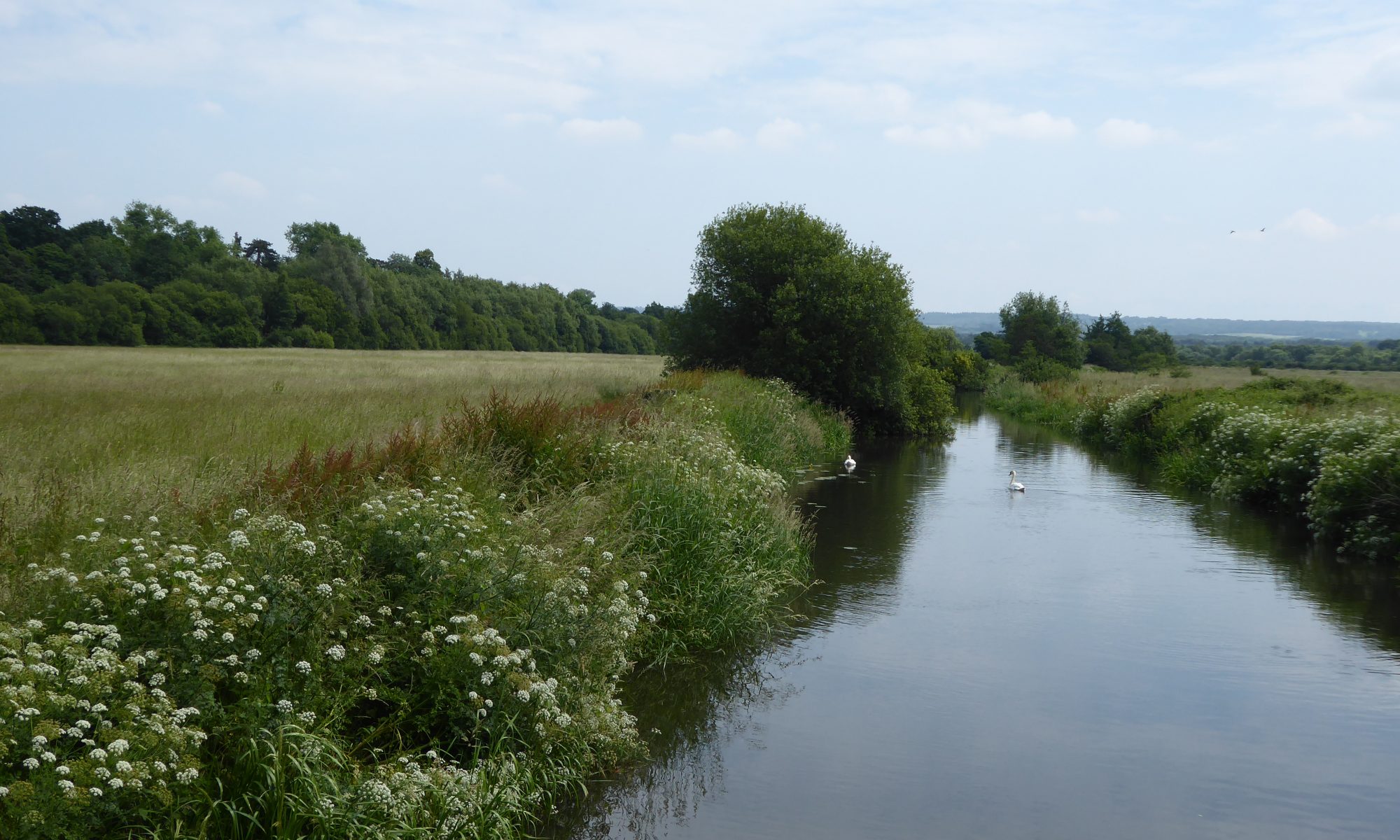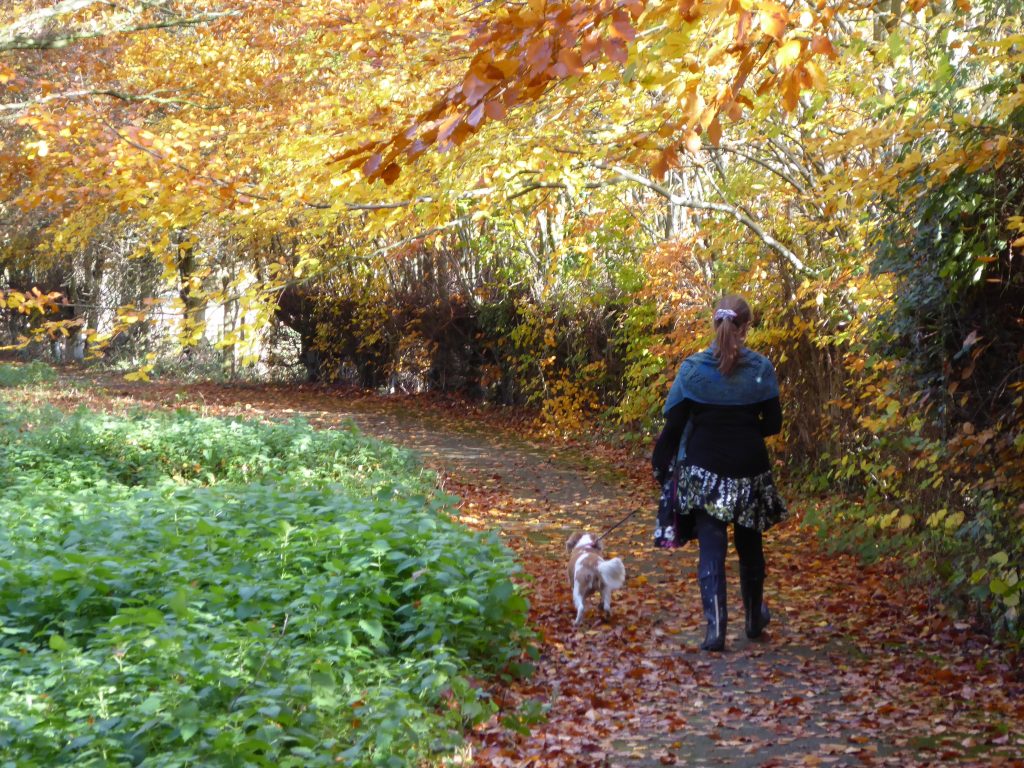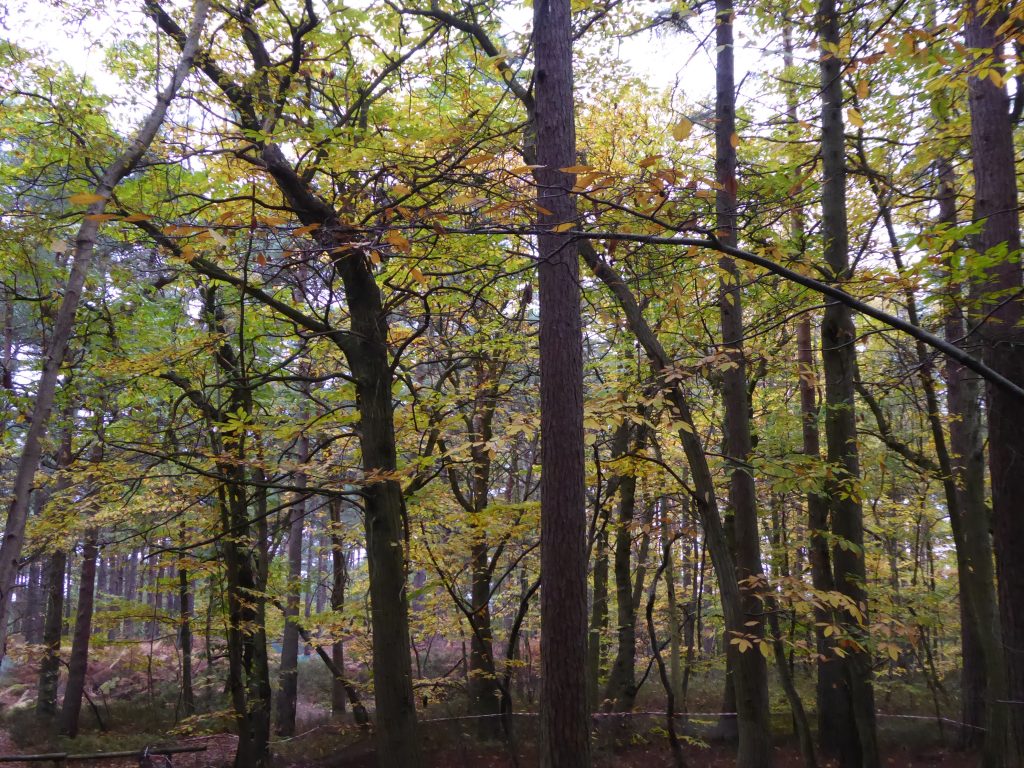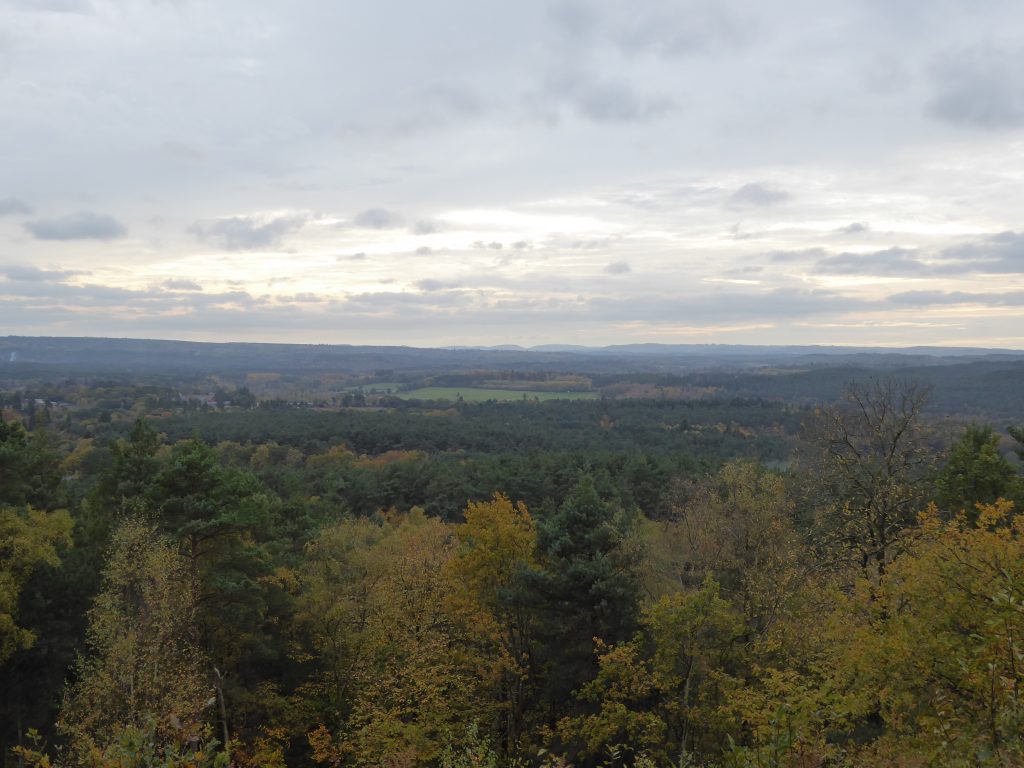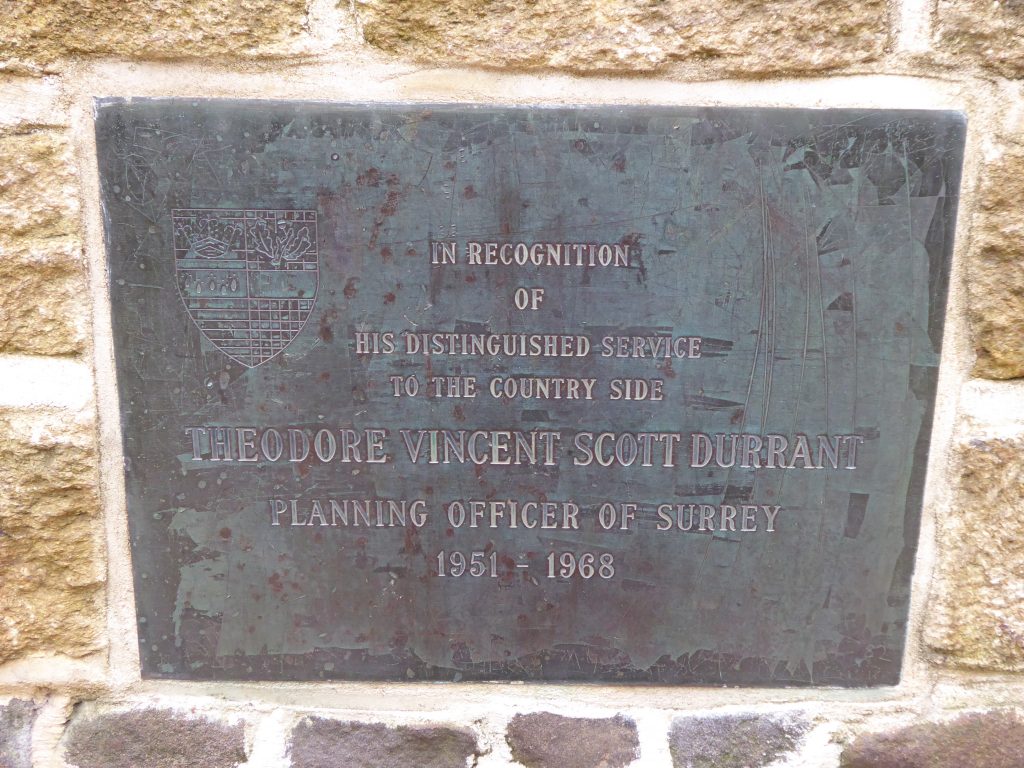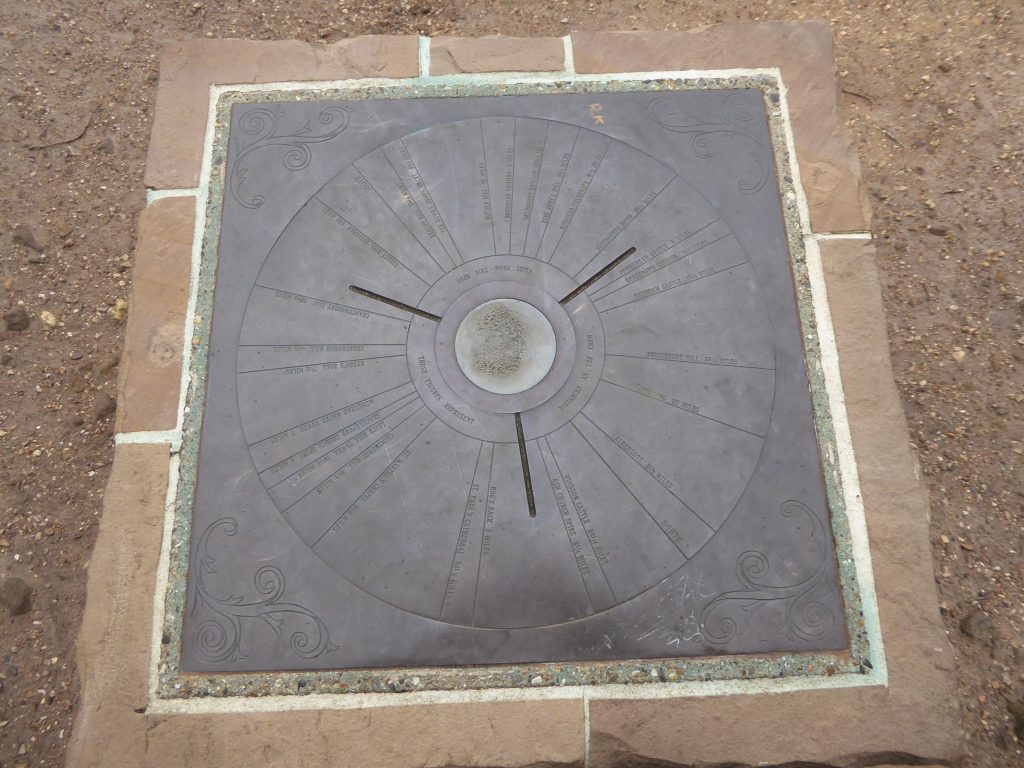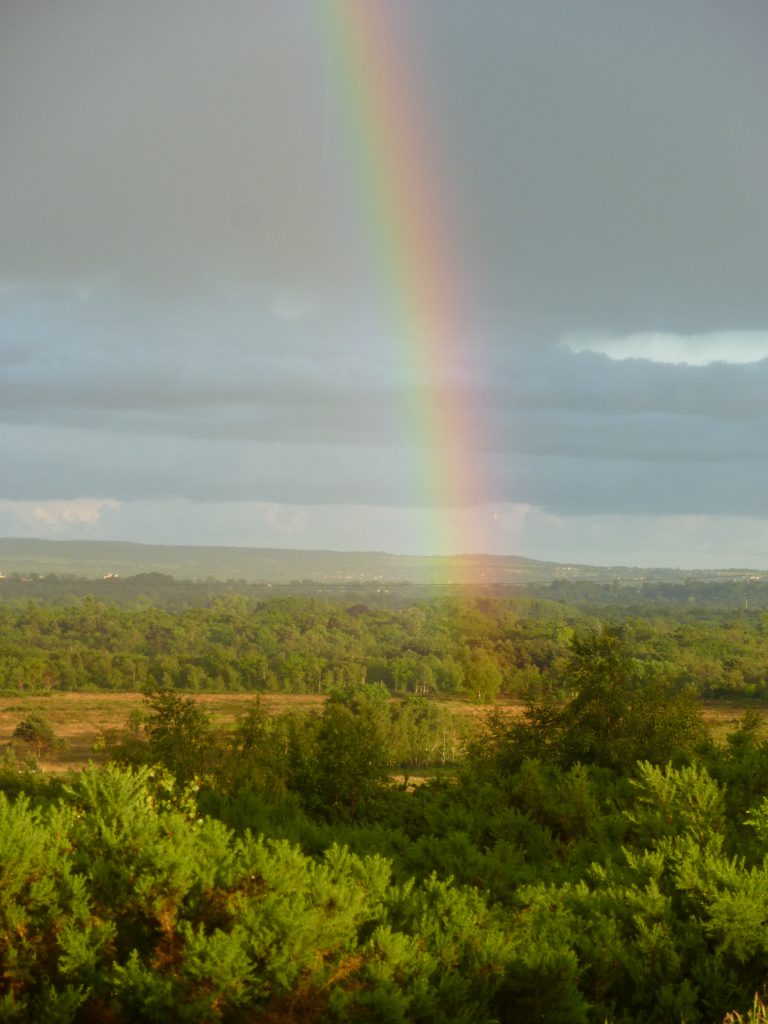One of the privileges of older age, for me, is that I get to walk round wonderful places with wonderful people. Walking a new or familiar place on your on is one good thing but walking in the company of someone who is “part of” a place is just a whole different experience. You share part of the vision and experience of a much more informed and passionate friend whose enthusiasm is thankfully all too apparent.
Over the last couple of weeks amongst my regular haunts
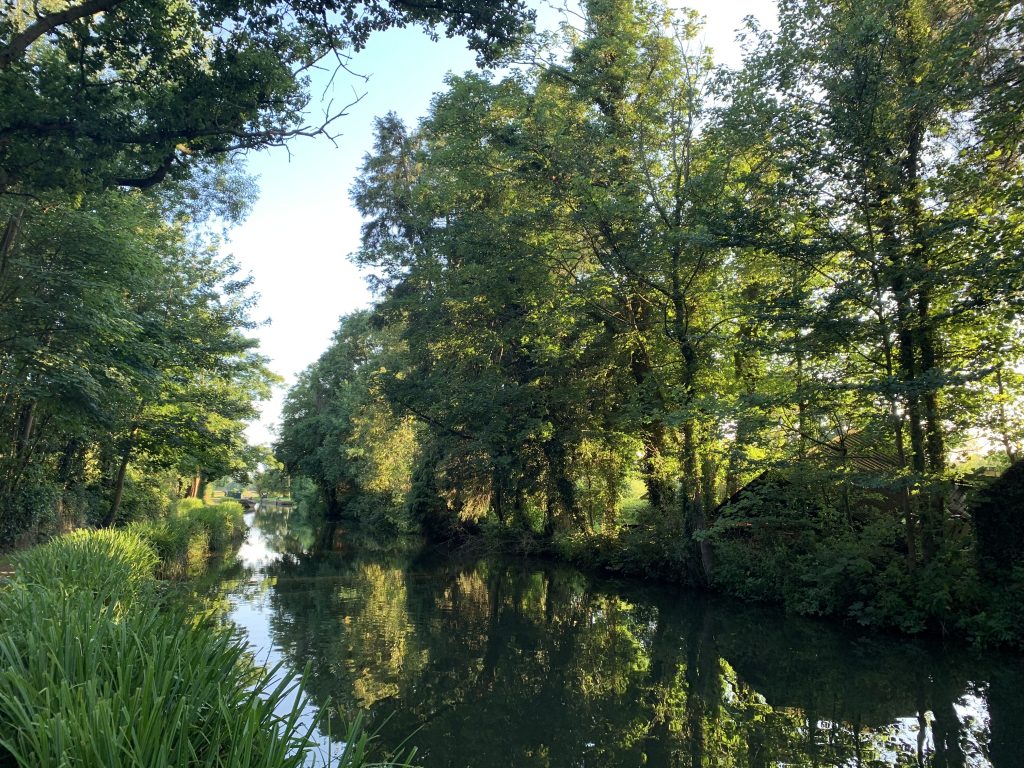
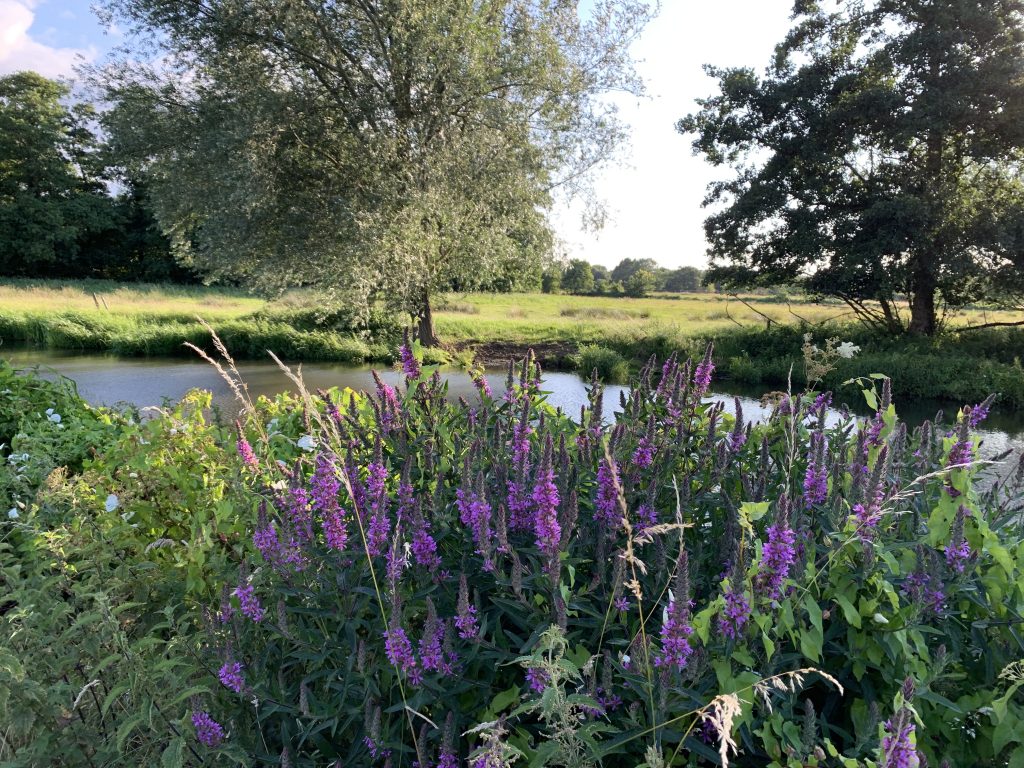
…..and some wonderful wildlife at home

…..some more familiar than required!

I have walked with friends at Richmond Park and Norbury Park. Both are, on paper, greatly protected public open spaces but both are sadly showing the signs of the pressures created by the reductions in funding at the “pointed end” of service delivery and conservation need.
It is an admittedly personal view but one of the serious problems with conservationists is that we tend to be nice people who don’t want to cause a fuss. We, the public, get outraged by “obvious” harm to the countryside and wildlife like say, the threat posed by fracking or a new housing development or even fox hunting BUT the more insidious and obscured threat that financial cuts and neglect present to our environment is often ignored completely or invisible, packaged in political rhetoric.
It staggers me that no real comment has been made in response to the Chair of Natural England, Tony Juniper, admitting there is insufficient funding to properly manage the “in house” National Nature Reserves. These are a big share of the premier wildlife sites in the country. Within the conservation sector this fact has been accepted as reality for some years but now its out there on the wider stage what’s the response from the establishment? Deafening silence, and I don’t believe that’s just because of other priorities (can’t think what!), more that most politicians, local and national, seem to regard the countryside as verging on the irrelevant and a financial burden that shouldn’t fall on the public purse.
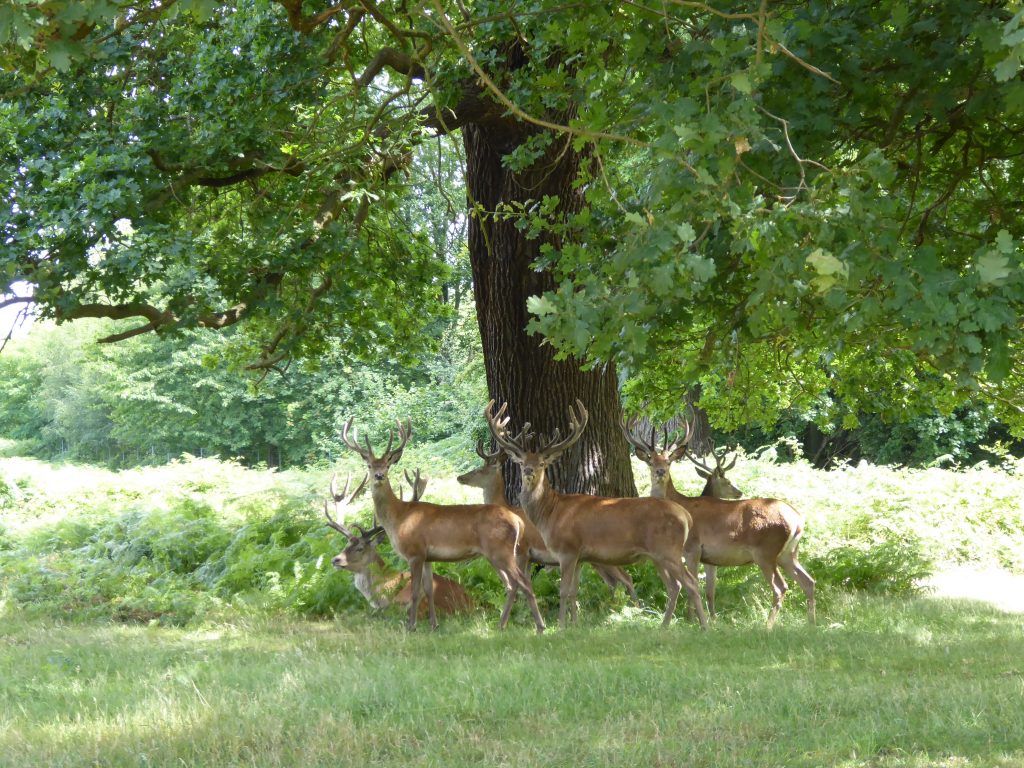
Richmond Park as a Royal Park was funded directly from government but now the Royal Parks are managed by a charitable organisation that receives much reduced direct funding. Yes, the Royal Parks have for years raised income from activities and properties and yes the Royal Parks have become pretty expert in this area of fundraising but, and it is a huge but, though the overall budgets for running the Parks have remained fairly stable the money available for the pointy end of service delivery (rangers, estate workers, policing ) has diminished and will continue to decline as the costs of fundraising and property management increases. This isn’t rocket science, its inevitable when you, in essence, shift funding from direct taxation to a much more indirect tax (charity fundraising and income generation). Crudely you get less bang for your buck! The irony of all this is its seems many politicians believe that making new charities to undertake those jobs that they regard as superfluous saves money, FOR WHO EXACTLY? Taxpayers? I think not.
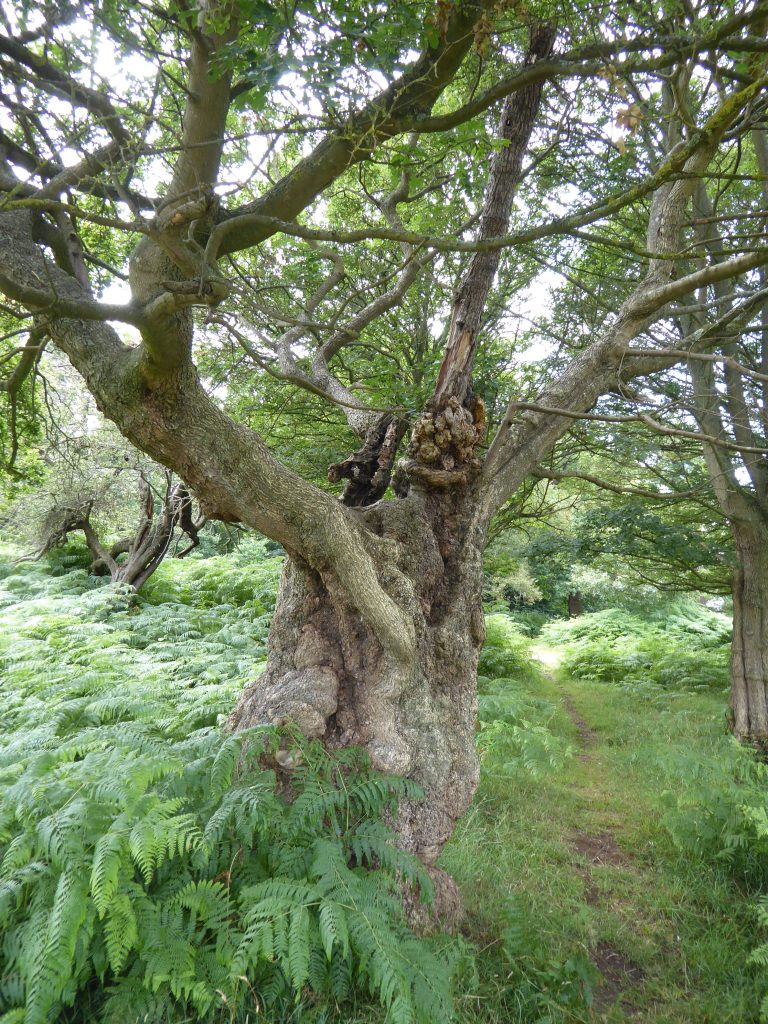

Richmond Park is a simply amazing place, full of seemingly impossible contrasts. Herds of large deer and the violence of the Red deer rut surrounded by the most cosmopolitan London. Ancient trees, wonderful flowers ..

We also saw hunting Hobby and nesting terns, Sand Martins and Black Headed gulls.If you haven’t been go, go and walk away from the crowds, its a little piece of wildness amongst all the civility.
Don’t go and behave like the fools we witnessed.
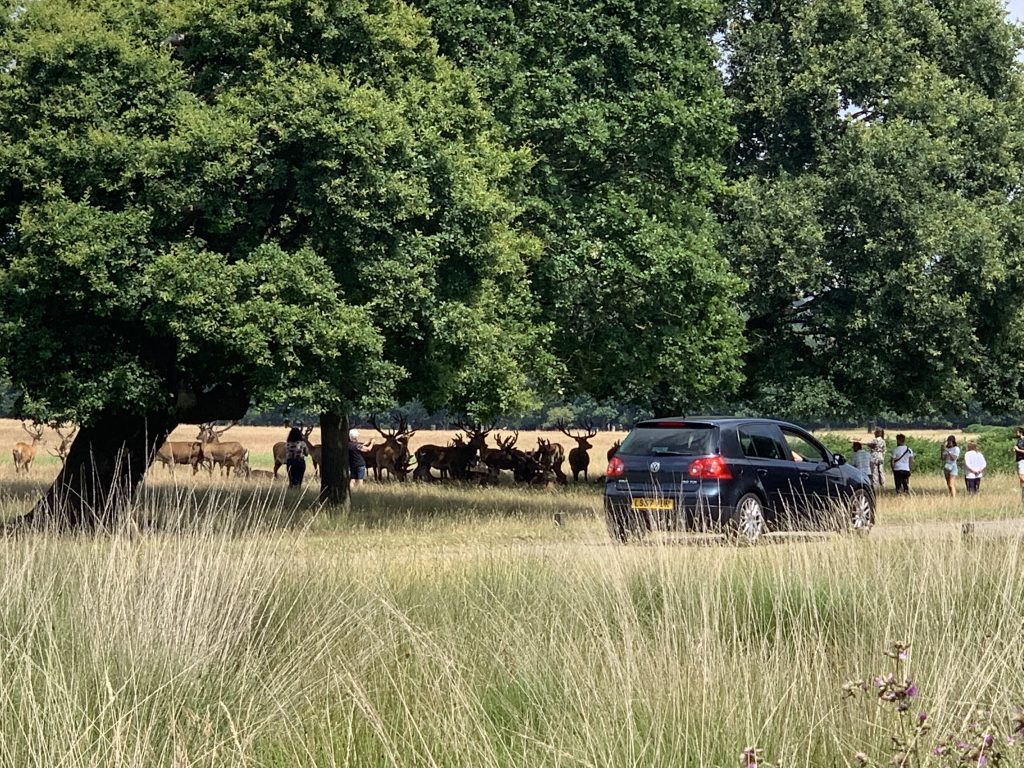
Less budget for service delivery means less police and less rangers which means more illegal parking and more people approaching too close, even feeding, large potentially dangerous wildlife. Without bodies on the ground to educate and to enforce if need, then numbers of fools increase.
Norbury Park, once viewed as the jewel in the crown of the Surrey County Estate , faces a different set of challenges but the root causes are very similar to those at Richmond park. Central as a cause of continued challenges is the abrogation of responsibility by the landowner using the same mechanism of shifting the management of the countryside to the charity sector.
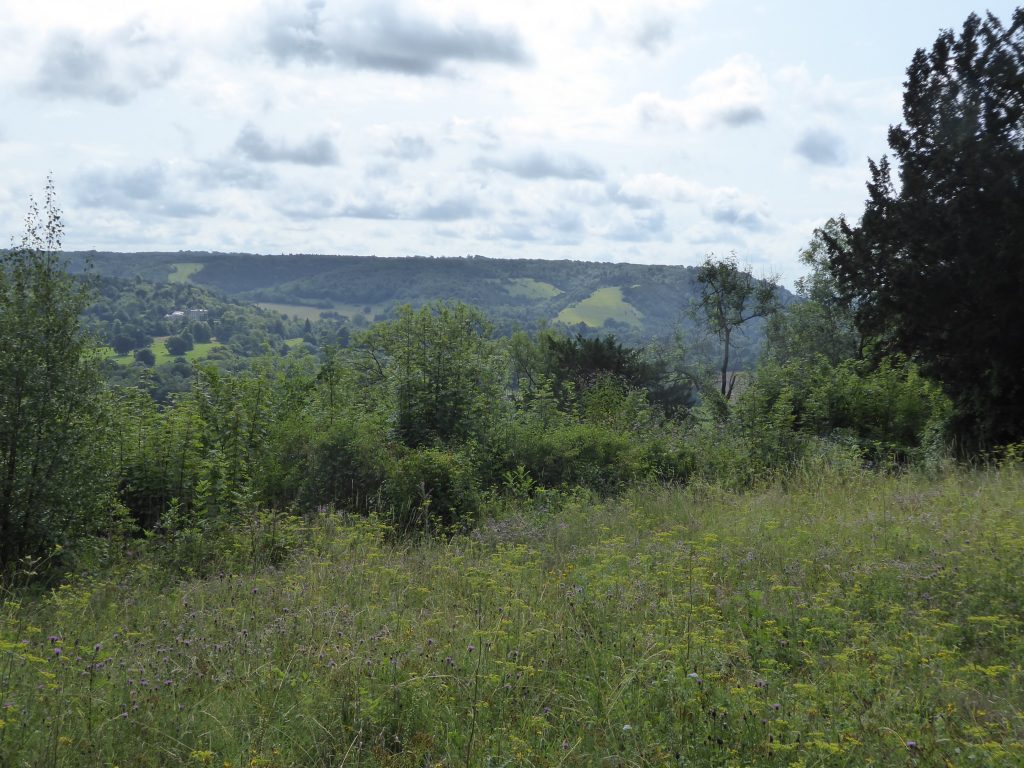
The agreement between Surrey County Council and Surrey wildlife Trust is approaching 20 years old but for the past few years a small number of councillors have decided to renege on the spirit of the agreement and push for reducing the “cash” contribution to £zero. I am very aware of the political justifications put forward but my bewilderment and anger is that the implications of this action are ignored and even worse disguised with empty rhetoric from ignorant politicians who continue to promote 2 falsehoods; the countryside in Surrey can pay for itself and they, the politicians, know how to achieve this. Defying advice and simple common sense seems to have become “de rigueur” for many politicians together with a complete unwillingness to consider that they might be wrong. For me an admission that a person was or is mistaken is NOT a sign of weakness but of strength and to be both respected and applauded.
So what difference does less money and hence less staff with often less knowledge actually make?
At Norbury Park I would point to the lack of detailed management like at the view point above. The view is now obscured by scrub, one of the benches is now viewless! As a conservationist the signs are there that lack of management affects Biodiversity, the open areas need to be regularly cut to maintain the quality of sward (in the absence of rabbit or domesticated stock grazing).

The remaining pockets of chalk grassland should be managed or they will disappear, with all the attendant species of insects.
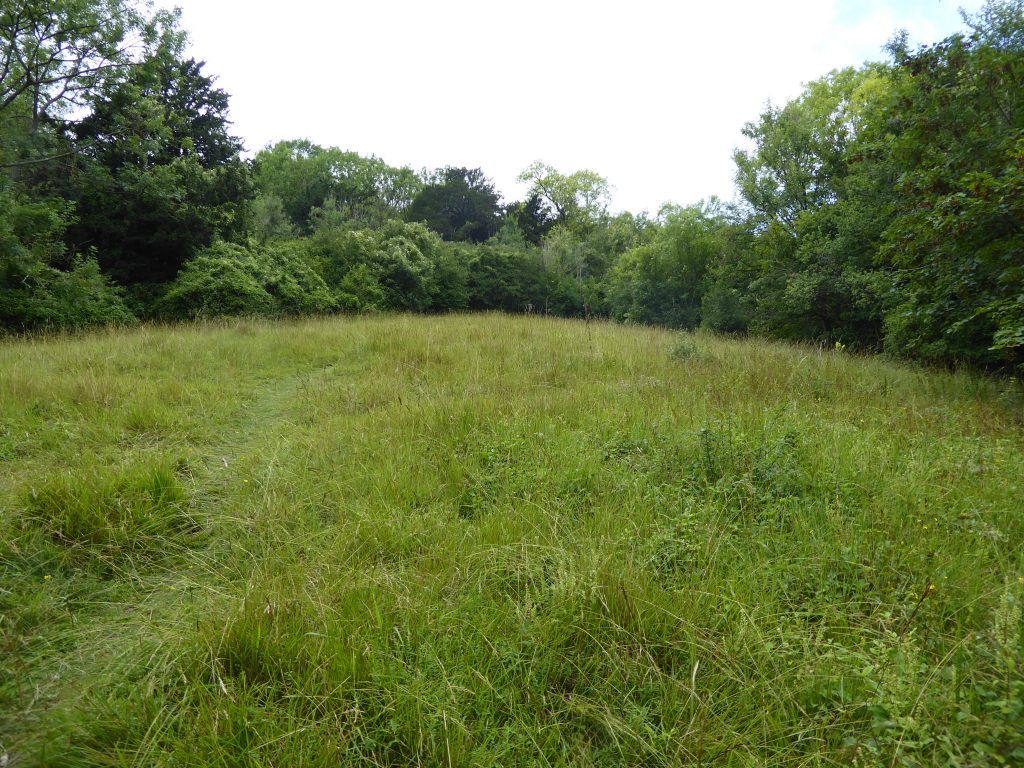
Beginning to rage too much so I will write a short post about the wonder of Norbury Park but just want to finish this on pointing out another problem of lack of funding, the push to use the countryside to produce an income even though it conflicts with what we, the people, have as an image of that countryside.
There is an important conversation to be had to try and answer the questions
How do you adequately fund the management of publicly owned protected countryside?
Is it a legitimate expenditure of the public purse and tax revenues?
